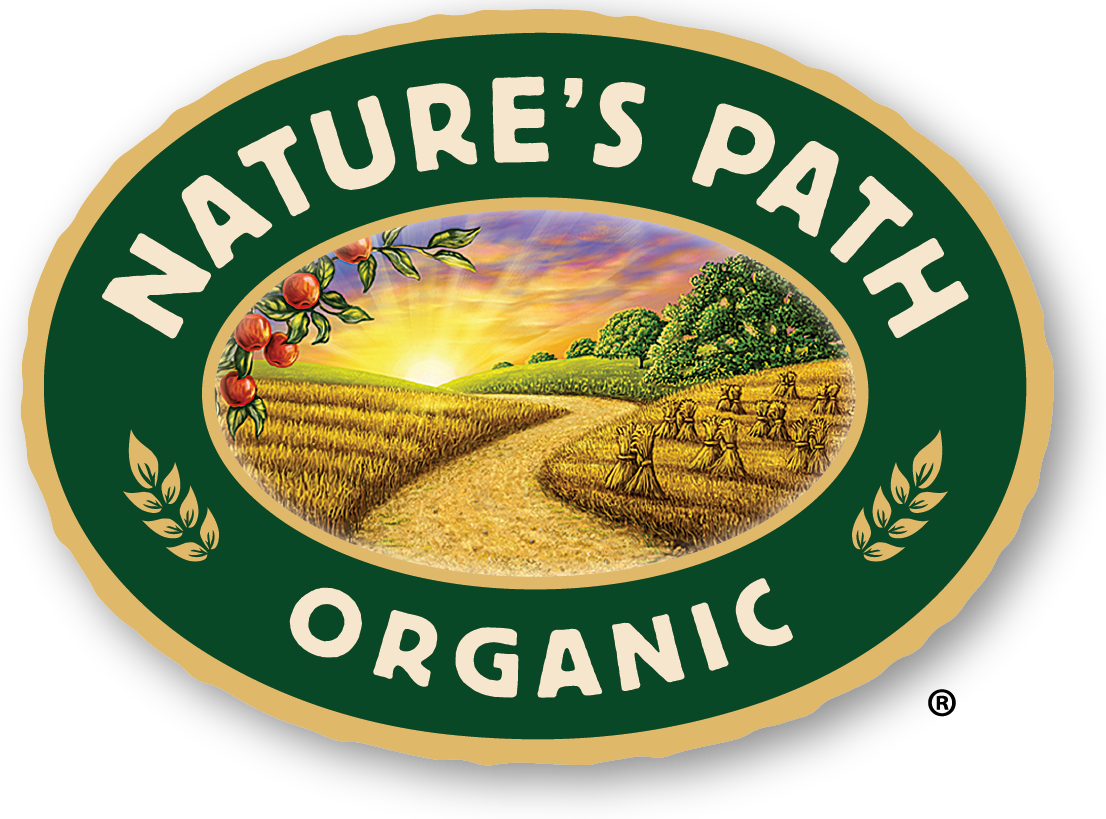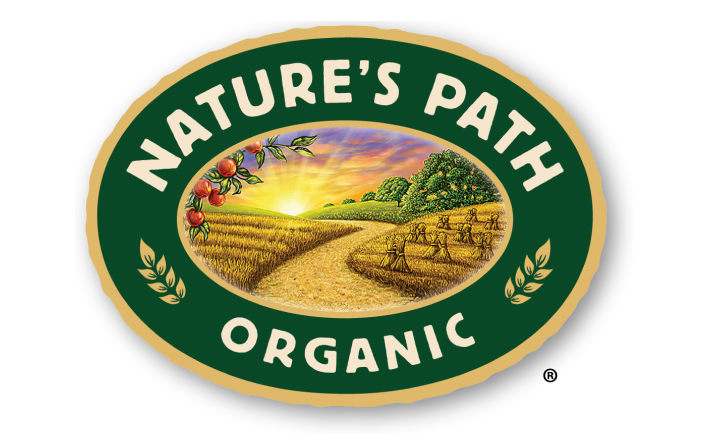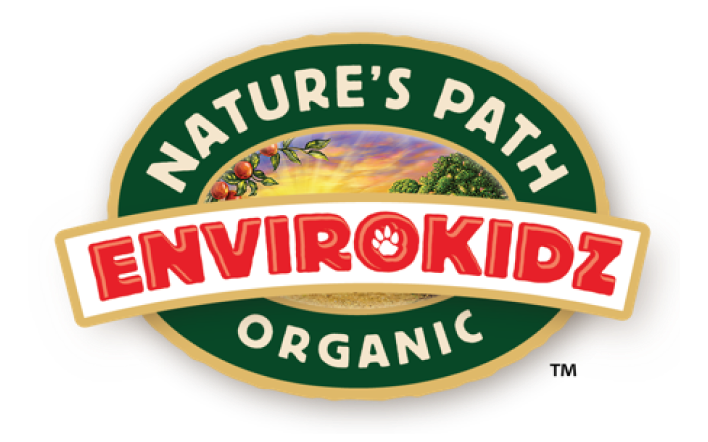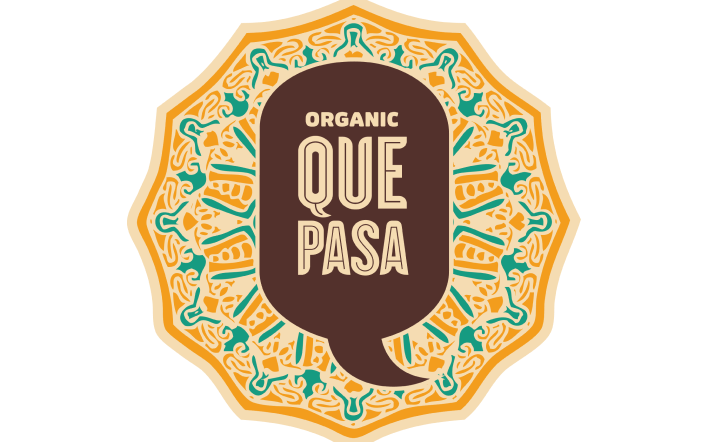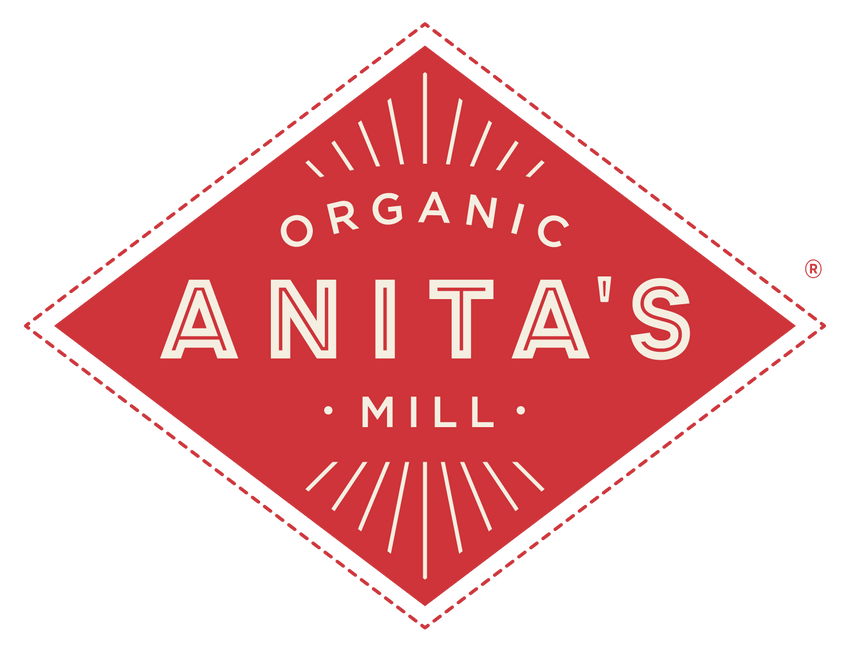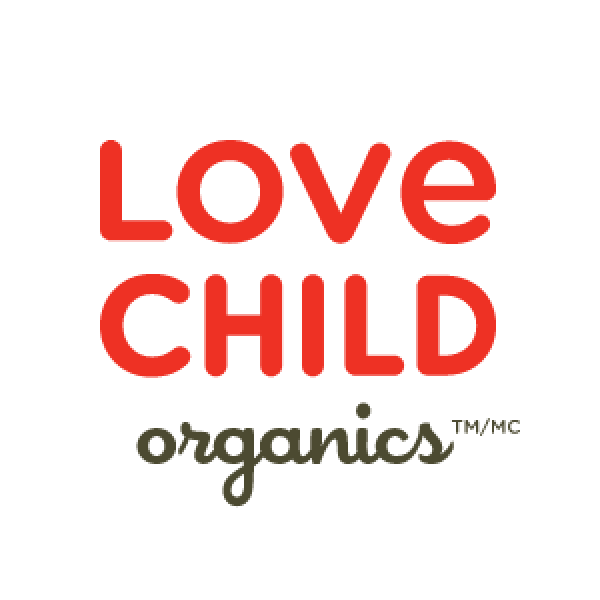
The Benefits Of Veganism For You And The Planet
I'm a vegan. I'm a vegan for many reasons, but to put it simply, it's because I care deeply about the world around me.
n
I'm a vegan. I'm a vegan for many reasons, but to put it simply, it's because I care deeply about the world around me. But counter to what some may think about vegans, I don't like to preach. If someone asks about my diet, I'll answer. And I love it when people ask, it's an opportunity for me to share what I know about the benefits of veganism without forcing it upon people. I may have never convinced anyone to change their eating habits, but that's okay. If I've made even one person consider the holistic effects of whole foods, plant-based diet versus a conventional, meat-heavy diet, then I feel I've made a little difference. Here's a 360 look at the benefits of a plant-based diet for the health of the environment and your own physical health.
 The facts about the way in which humans produce their food are heavy, scary and definitely alarming. For these reasons I feel that simply providing the facts will be enough for the public to realize that something must be done. Nobody wants to consciously contribute to the destruction of our planet. So if you’re reading this I hope you will from now on at least consider how your diet affects your own health and the health of the environment. Becoming a vegan or vegetarian may not be the answer. Cultural, social and political change will have to follow close behind, but considering how our diets influence so much the world around us becoming vegan or vegetarian is a good place to start. Additional resources:
The facts about the way in which humans produce their food are heavy, scary and definitely alarming. For these reasons I feel that simply providing the facts will be enough for the public to realize that something must be done. Nobody wants to consciously contribute to the destruction of our planet. So if you’re reading this I hope you will from now on at least consider how your diet affects your own health and the health of the environment. Becoming a vegan or vegetarian may not be the answer. Cultural, social and political change will have to follow close behind, but considering how our diets influence so much the world around us becoming vegan or vegetarian is a good place to start. Additional resources:
First Off - Vegan, Vegetarian & Health are Not Synonymous
Most importantly, being a vegan or vegetarian does not mean you are healthy. I've come across folks who hear of a vegan diet and decide to try it because they've heard it’s best for their health or it will help them lose weight, yet they continue to overload themselves with processed foods high in sugar and fatty oils. Simply cutting out meat is not the key to good health or a smaller environmental footprint. The health and environmental benefits I'm writing about come from a whole food, plant based diet and I will refer to it as such for the remainder of the article.Benefits of Whole Foods
A whole foods plant based diet can have an endless number of mental and physical health benefits. Those who make the transition tend to notice their energy is prolonged throughout the day, they’re less stressed, less depressed, and they feel motivated more often. The longer term benefits are that you're less likely to develop heart disease, cardio vascular disease, diabetes and many forms of cancer. Most people will also find they’re in better control of their weight when they stick to eating veggies. Of course we’re all at risk of certain health issues, but a whole foods plant based diet is the best form of prevention. In the words of Hippocrates, “Let food be thy medicine and medicine be thy food.”A Case Against Meat
Some of the health hazards associated with eating meat are far more well known then others such as heart and cardio vascular disease. The less known potential health hazards come from consuming the growth hormones and antibiotics fed to the animal throughout the course of its life. Feeding these hormones and antibiotics to animals is a practice that has been banned from industrial agriculture in Europe for the past ten years for their significant adverse effects on the human gut. Also often overlooked are the potential hazards of eating an animal that has lived a life of stress. Red meat is hard on the human heart to begin with, but stressed meat has shown to be far worse, especially when eaten in excess.Environmental Benefits
A plant based diet is a good way to stay healthy, but it also happens to be the best way drastically minimize one’s impact on the environment. Large scale factory farming is a destructive industry and a meat dense diet is ecologically unsustainable. A plant based diet keeps money out of the industry and instead will potentially go towards a rejuvenating practice of growing fruits and veggies (organically of course). One of the biggest environmental issues with animal farms, specifically cattle farms, is that of their flatulence. Cows are grazers. Grazers eat grass not grain. Instead of letting cows roam in fields and eat grass, large scale industrial farmers buy cheap grain grown somewhere else and feed cows in confined feeding spaces. This is far more economical for the farmer because it's cheaper than buying and maintaining grazing land, but of course it's ethically questionable and environmentally unsustainable. When cows eat grain they become extremely flatulent, more so than if they were to graze. This of course leads to more methane in the atmosphere, a gas with a warming effect 23 times more powerful than carbon dioxide. Furthermore, grain is hard on their stomachs and is one reason why they are pumped with antibiotics and other medications. In addition to their flatulence, their excrement does not fertilize the ground they graze because they're not out roaming the earth. Instead it’s added to a massive toxic open air cesspool for containment. There are thousands of these ponds across North America, many of them leach into our rivers, aquifers, watersheds, ponds, wells and eventually our beloved ocean. The facts about the way in which humans produce their food are heavy, scary and definitely alarming. For these reasons I feel that simply providing the facts will be enough for the public to realize that something must be done. Nobody wants to consciously contribute to the destruction of our planet. So if you’re reading this I hope you will from now on at least consider how your diet affects your own health and the health of the environment. Becoming a vegan or vegetarian may not be the answer. Cultural, social and political change will have to follow close behind, but considering how our diets influence so much the world around us becoming vegan or vegetarian is a good place to start. Additional resources:
The facts about the way in which humans produce their food are heavy, scary and definitely alarming. For these reasons I feel that simply providing the facts will be enough for the public to realize that something must be done. Nobody wants to consciously contribute to the destruction of our planet. So if you’re reading this I hope you will from now on at least consider how your diet affects your own health and the health of the environment. Becoming a vegan or vegetarian may not be the answer. Cultural, social and political change will have to follow close behind, but considering how our diets influence so much the world around us becoming vegan or vegetarian is a good place to start. Additional resources:
- 5 Ways Factory Farming is Killing the Environment
- 11 Facts About Factory Farms and the Environment
- How Factory Farm Lagoons and Sprayfields Threaten Environmental and Public Health
- EPA Sued For Letting Factory Farm Cesspools Go Unchecked
Would you like to be the first to hear about our new products and more? Sign up for our Nature’s Path Newsletter.


